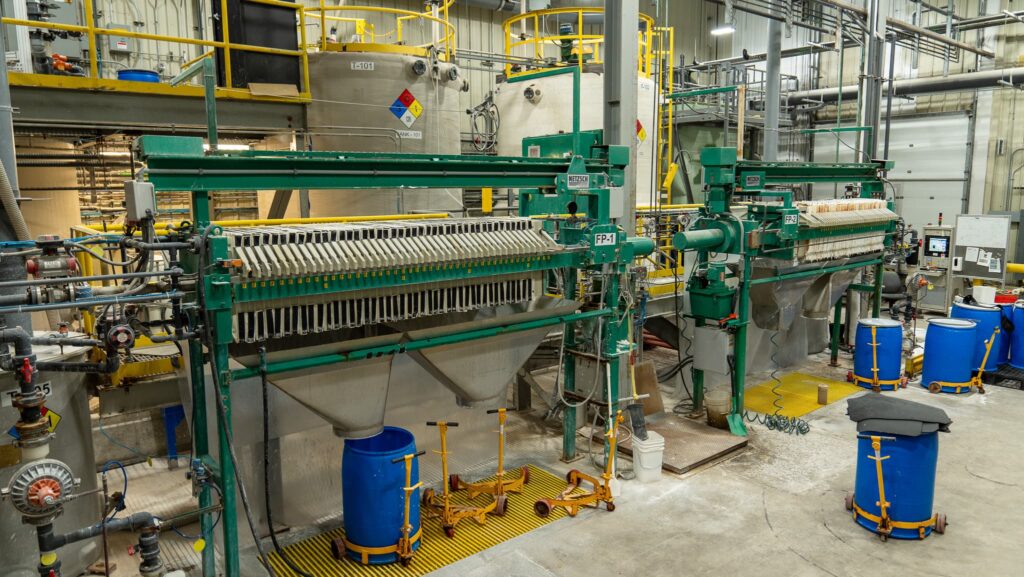At OFS, we are committed to sustainability and environmental protection. That’s why we are proud of our Germanium Recycling Program, which helps to reduce waste and conserve natural resources.
Germanium is one of the elements used in the manufacturing process to dope the core of the optical fiber and create the precise refractive index design that enables its light-guiding performance. It is a rare and finite metal resource so recycling it can help to ensure that there is enough germanium to meet future needs. As the world becomes more interconnected and the demand for our optical fiber cables continues to grow, we can use our germanium recycling expertise to meet this demand while also reducing costs and environmental impact.

Our Germanium Recycling Program is just one way that we are working to support ESG initiatives. ESG stands for environmental, social, and governance, and it encompasses a wide range of responsible practices that we embrace throughout our organization. By investing in ESG initiatives such as our Germanium Recycling Program, we demonstrate our commitment to sustainability and environmentally responsible practices. We believe that ESG is important for both our business and the planet, and we are committed to doing our part to make a positive impact.
Tags: Sustainability